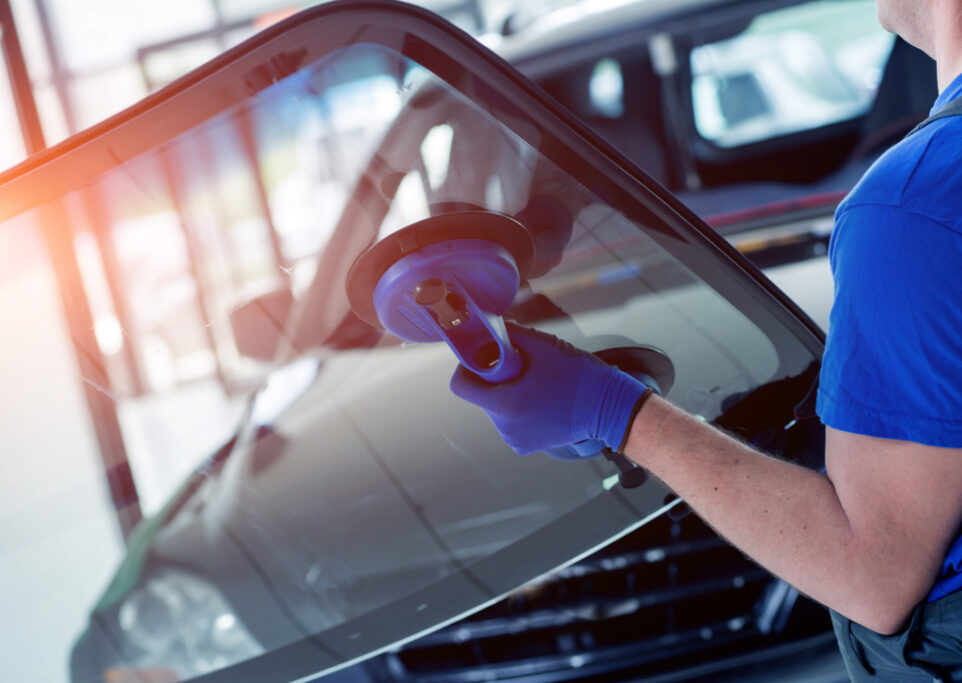If you’re a proud owner of a vintage or collectible car, chances are you’ve wondered about how to best protect it from possible damages. A standard policy would be helpful. But these don’t take into account a vehicle’s total value. With classic car insurance, you can enjoy your prized possessions without worry.
This article will break down the basics of classic or collector car coverage, including:
- Different types
- Eligibility
- Coverage options
- Who needs it?
- What does it cover?
- Where to buy it?
- How much does it cost?
- Frequently asked questions
Collector Car Insurance Basics
This type of coverage exists to protect your vintage automobile from possible risks that threaten it. Large insurance companies have partnered with classic car insurers to offer protection. You can only buy this coverage if you own an eligible classic/collector vehicle.
Types of Vehicles Covered
Insurers typically mention the terms collector and classic as if they’re the same thing. While they’re both similar, the former refers to one of the many types in the latter’s category. There are a few different types of rare vehicles that fall under this form of auto insurance. The most common types include:
- Antique and classic cars. These are normally 25 years or older
- Trucks
- Exotic/luxury models (Lamborghini, Rolls-Royce, Bentley, etc.)
- Vehicles modified from their original state
- Muscle cars
- Motorcycles and scooters
- Antique tractors
- Classic military vehicles
- Collector trailers
- Limited production or rare cars. Especially ones that appreciate over time, even if not over 25 years old.
These are the most common types of vehicles that fall under the collector insurance category. If you have questions about whether your qualifies or not, it’s best to contact your agent to be sure.
Eligibility for Collector Car Insurance
Which vehicles are eligible for collector car coverage? Even though it fits under one of the types above, that may not be enough to qualify. To be eligible, there are some factors that you should consider:
Driving Record
If your driving record consists of infractions such as speeding, DUIs, or other offenses, it will likely hurt your chances of qualifying for coverage. A speeding ticket here and there might not hurt you, but a consistent pattern will derail your coverage for sure.
Not Being a Daily Driver
The car you’re getting coverage for shouldn’t be what you use to commute to work. The more you’re on the road, the higher the risk of getting in an accident. To be eligible for collector insurance, you’ll only want to use it sparingly such as for leisure driving, meets, exhibitions, and clubs.
Extended Travel for Events
You’ll want to be sure that long-distance travel is acceptable if you’re planning on road trips. For example, if you want to show your vehicle off at a meet across the state, your insurer will need to allow long-distance travel. Any trips that require a high number of miles will need to be gone over with your insurance carrier. The exact number of miles that you can drive will vary depending on your policy.
Safe Means of Storage
To be eligible for this type of insurance, you must be able to keep your car in a safe and secure location. Examples of safe places to store your vehicle include:
- Garages
- Storage containers
- Parking garages
- Carports
- Driveways (only if it is safe from harm and potential weather damage)
- Any other private, secure storage facility/container.
Classic Car Insurance Options
There are a few extra coverage options that you may be able to add when buying collector insurance. Here is a list of the most common options you’ll find when looking to buy:
- Spare parts – companies usually provide an option to get spare parts up to a certain amount. For example, Farmers offers up to $750 in spare parts.
- Towing and roadside assistance – this option helps you if your vehicle unexpectedly breaks down.
- Windshield and glass – if the windshield is broken or damaged, you can have it fixed or replaced with this option. Full windshield coverage provides the most protection for this kind of damage.
Note that insurance companies may offer more options to you, but these are the ones that you’ll regularly see.
Who Needs It
Anyone whose vehicle qualifies for collector car insurance should think about buying it. If you’re still on the fence about protecting your vehicle, think about whether or not you’ll be taking it for a spin. If you plan on driving it, even a little, you should have a policy in place. It’s wise to protect your pride and joy if it’s of incredible value because repairs will likely be expensive if it’s damaged.
Unfortunately, it’s hard to predict when accidents or acts of God can happen. Protecting your collector car allows you to enjoy it without worrying about replacing it or paying out of pocket for any damages.
Who Doesn’t Need It
While having coverage for an antique or otherwise valuable car is very smart, there are times when it’s not necessary or even unavailable to buy. Below is a list of those who don’t need this special category of auto insurance:
- Your car isn’t in good repair or working condition
- The vehicle is too new or is not appreciating in value
- The car meets all other requirements but is your daily driver
- You don’t have a reliable way of storing your vehicle.
If you don’t qualify, this type of insurance isn’t for you. Also, if you plan on using your antique car as your main means of transportation, you’ll most likely need standard liability, collision, and comprehensive coverage rather than a collectable vehicle policy.
What Classic Car Insurance Covers
Collector car coverage protects your vehicle from a few specific dangers. Here’s a list of what you’ll be safe from:
- Theft – your insurer will cover up to the guaranteed value of your vehicle.
- Collision – this protects your car from accidents that may occur, even if you don’t take it out often.
- Other types of damage – random events such as fires and vandalism are under this category.
These are the main things that collector insurance covers. Companies typically offer other benefits if you choose to buy from them.
Where to Buy It
For collector or classic auto insurance, you’ll see many that many different providers offer it. Large carriers either have their own or sell it via their partnership with another company. Here are a few of the major insurers that offer coverage for vintage vehicles:
Some companies specialize in this type of insurance. These are often the same firms that partner with larger insurers. Hagerty and Grundy are both well-known in the collector car space and partner with large companies. You’ll see these names on the same pages or hear your agent talk about them when they go over this type of coverage with you.
How Much It Costs
The premiums for collector car insurance will usually be less than for a regular vehicle There are a few factors that impact your rates positively or negatively:
- Driving record
- Age
- Bundling. Use the same company as your main car(s).
- Having more than one classic vehicle on your policy (this will likely make it cost less)
If you don’t plan on driving the car, a strictly comprehensive plan can help lower your rates. But it will only be safe from random events such as fire or vandalism. It won’t have any protection from collisions with other vehicles or property. Only do this if you plan to leave it in storage.
Frequently Asked Questions
How often can I drive my classic car?
You should be able to take your antique car out for some leisurely drives. Be sure to check with your agent if you plan on going on a high-mileage road trip. Classic vehicles aren’t meant to be your day-to-day mode of transportation.
Will classic car premiums be lower than those for a regular vehicle?
Insurance premiums will almost surely be lower for a classic/antique car. This is because it shouldn’t rack up a ton of miles, so there’s less risk for accidents to happen.
Will my driving record impact the cost of collectable vehicle insurance?
Yes. If you have a bunch of speeding tickets or other offenses, your collector car insurance premiums will likely be higher than someone who has a clean record. Usually, the offenses have the biggest impact when they occur within a three-year period.


